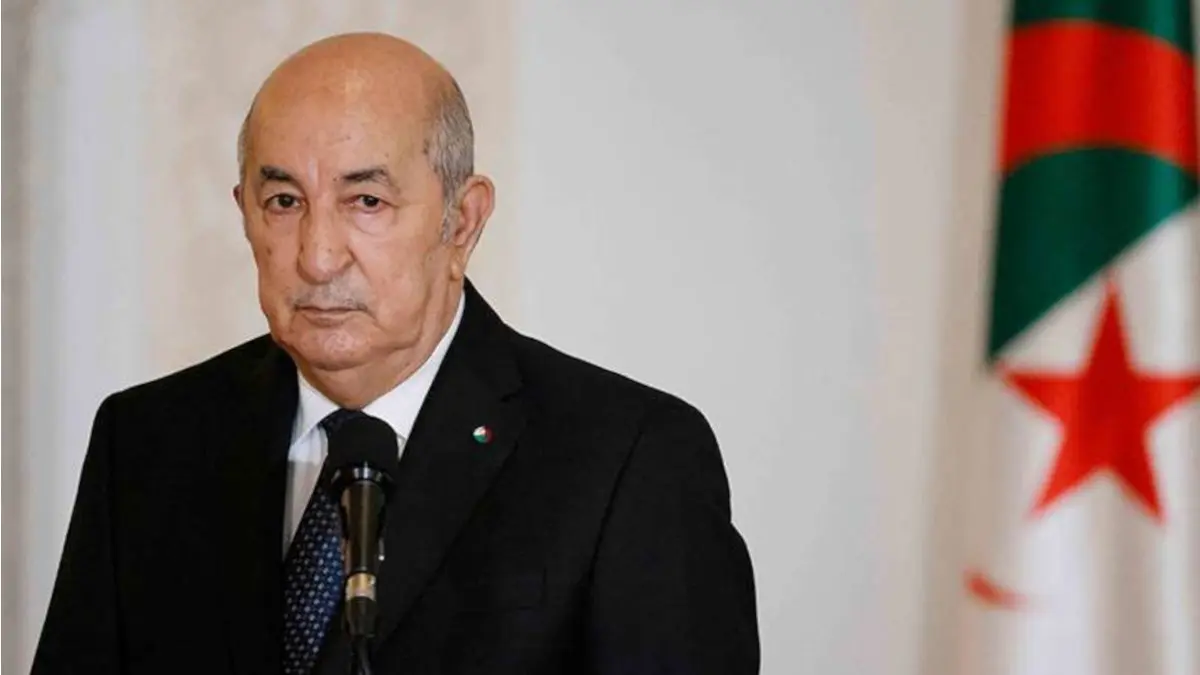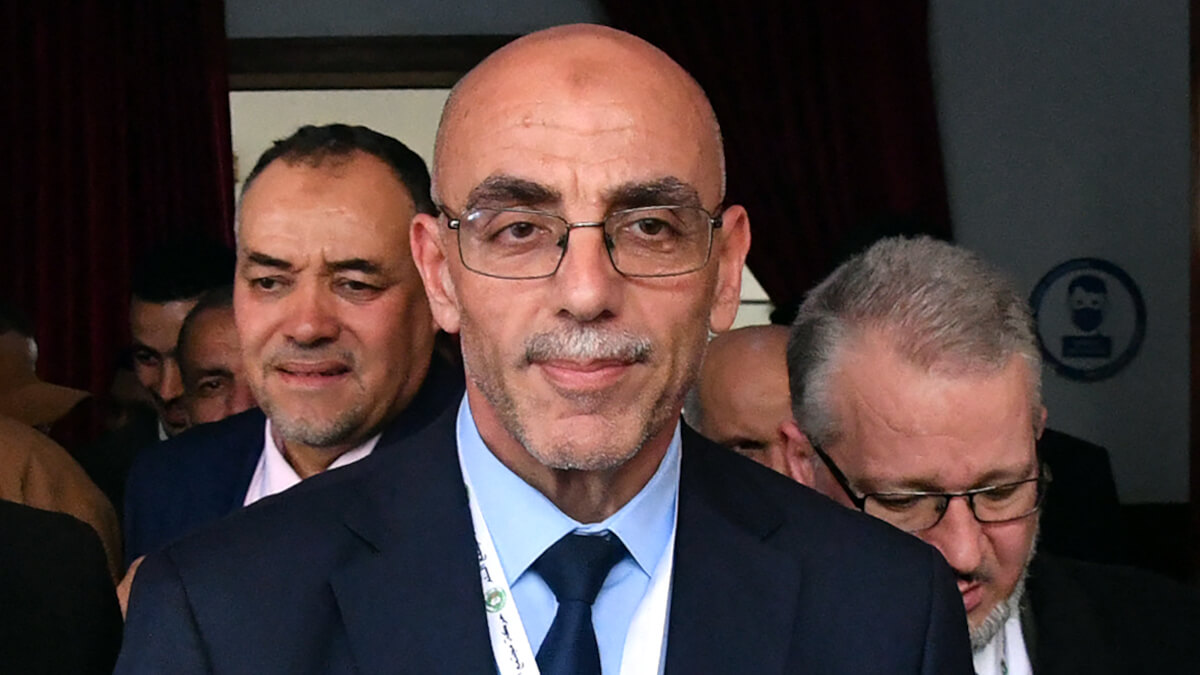Two candidates to compete with Tebboune but pose no challenge

Algerian President Abdelmadjid Tebboune is to face only two challengers in a September 7 election, amid criticism of “unfair conditions” in the presidential race.
Thirteen other candidates were rejected for not collecting enough endorsements.
Abdelaali Hassani of the Muslim Brotherhood-affiliated Movement of Society for Peace (Hams) and Youssef Aouchiche of the centre-left Socialist Forces Front (FFS) were the only two candidates cleared to stand against the 78-year-old incumbent.
According to analysts, the two are expected to offer just a token challenge to Tebboune, to lend some credibility to race.
Earlier this month, eleven Algerian opposition figures denounced “the authoritarian climate” surrounding Algeria’s electoral campaign.
“No to electoral charades under dictatorship!” they wrote in an open letter. “Yes, to genuine democracy and popular sovereignty.” They also criticised the government’s security approach in preparation for the election as it “continues to trample on the will of the people.”

“Today’s Algeria is in a more critical situation than before, with short- and medium-term prospects that are even more complex and perilous,” they added.
The letter came about two weeks after Algerian Workers’ Party leader Louisa Hanoune withdrew from the presidential race saying the election was being held in inadequate conditions and within “a regressive and anti-democratic legislative framework.”
Tebboune, who was elected in 2019 with 58 percent of the vote following months of pro-democracy protests, announced in March that the presidential election would be held on September 7.
A former prime minister under longtime president Abdelaziz Bouteflika, who was ousted during the 2019 protests, Tebboune has overseen a crackdown on the Hirak movement that led the protests.
Taking advantage of the restrictions on gatherings required during the Covid pandemic, Tebboune’s administration banned demonstrations by Hirak and stepped-up prosecutions of dissident activists, journalists, and academics.
In February, human rights watchdog Amnesty International said that five years after the pro-democracy protests erupted, Algerian authorities were still restricting the right to freedom of expression and peaceful assembly.
Many Algeria experts see the election results as pre-determined expecting Tebboune to face no challenge from the two remaining competitors.








